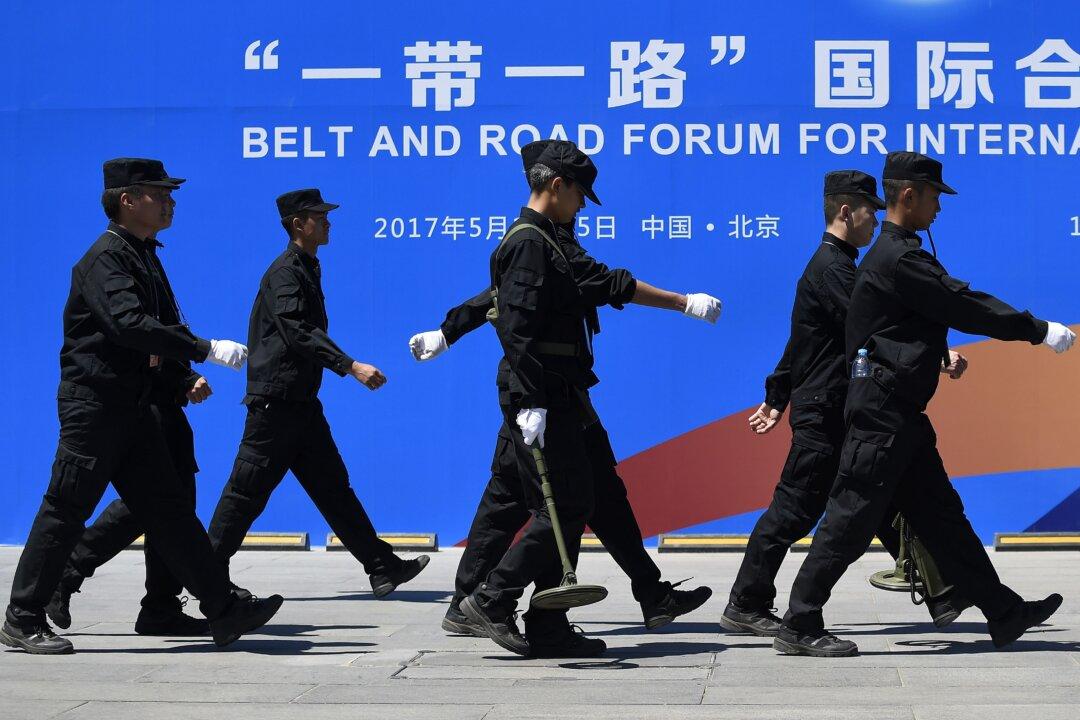Commentary
Chinese leader Xi Jinping must feel like he is playing a game of whack-a-mole. After years of easy political, economic, and diplomatic gains, he has more recently had to deal with a series of problems, one popping up after another.

Chinese leader Xi Jinping must feel like he is playing a game of whack-a-mole. After years of easy political, economic, and diplomatic gains, he has more recently had to deal with a series of problems, one popping up after another.